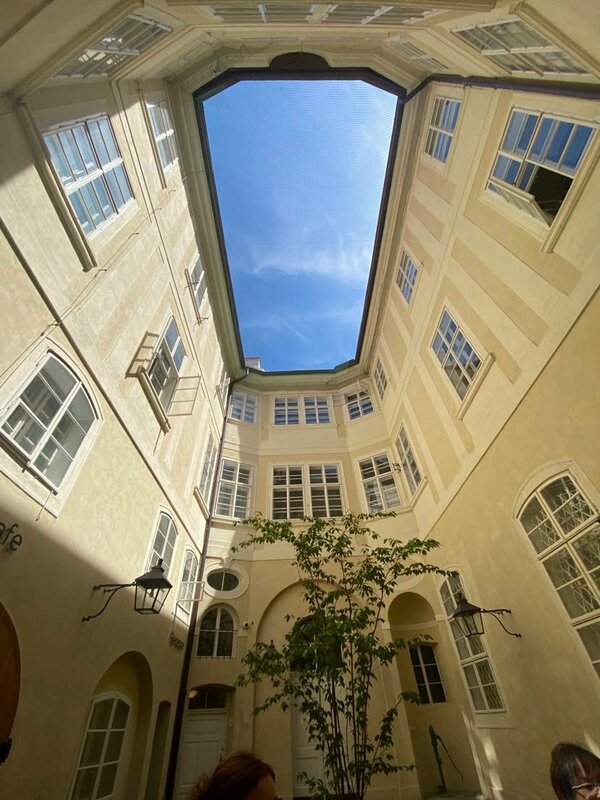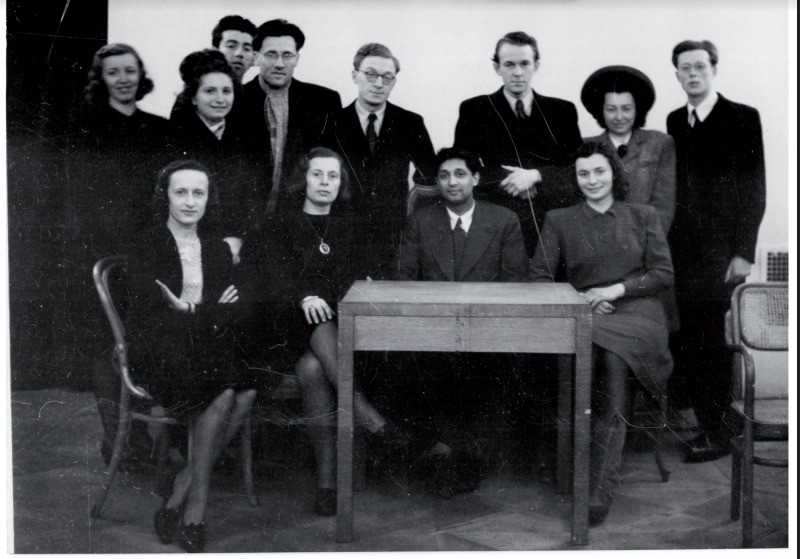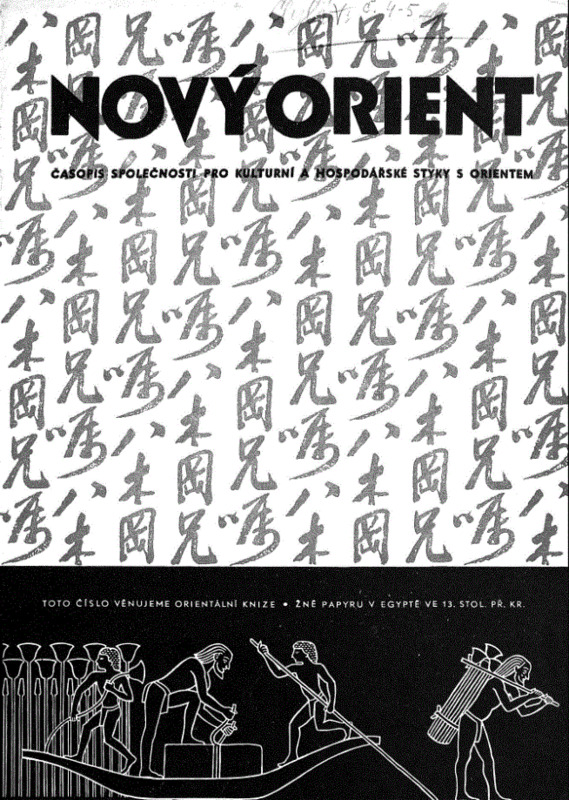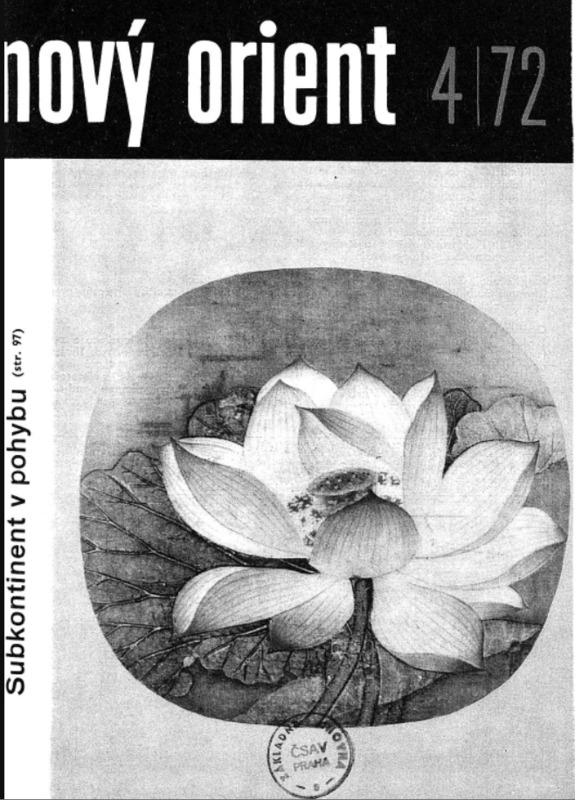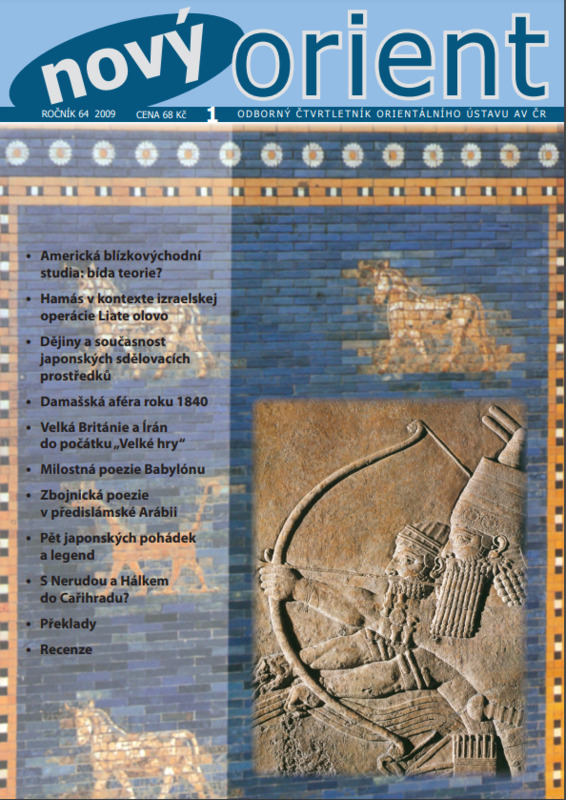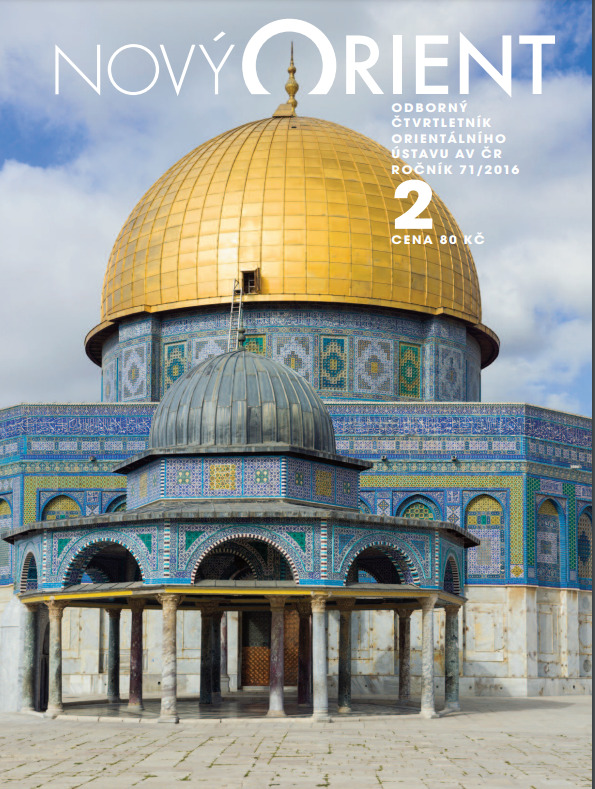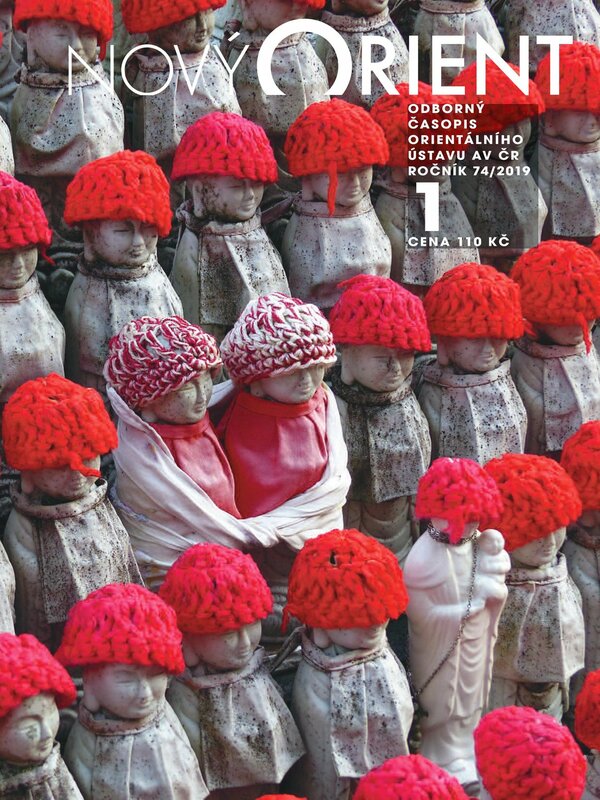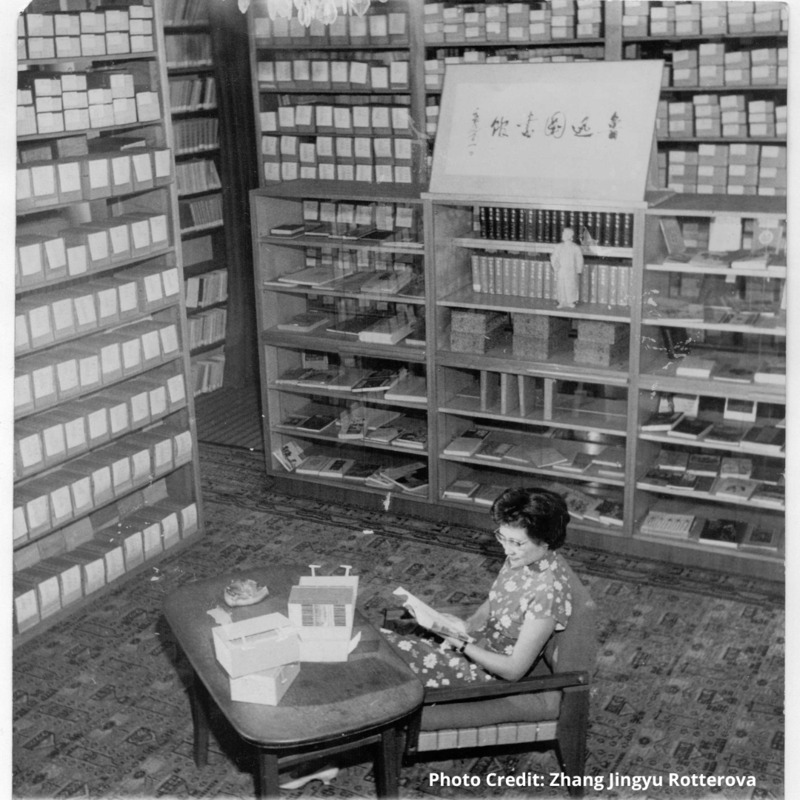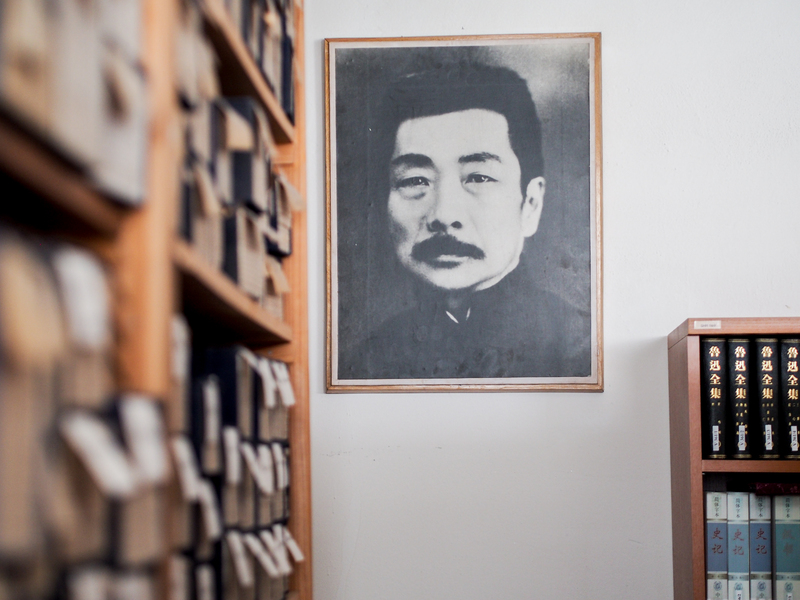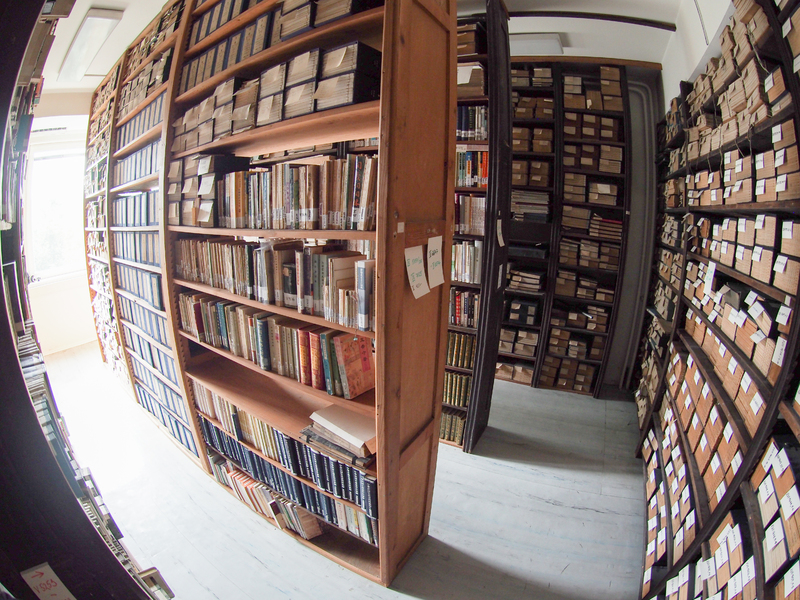The Crossroads: Post-war Years and New Perspectives
The period from 1945-1952 reflects the transitions and transformation both in the nation as well as on the organizational level. The Communist seizure of power in 1948 and the creation of the Czechoslovak Academy of Sciences in 1952 paved the way for new perspectives. Not all the transformations are unfavorable to the Oriental Institute and its scholars; or perhaps, the Orientalists have just surpassed the challenges.
After the war, following a decision of the Ministry of Education dated May 18, 1945, the Institute relocated to a vacated building of the convent of the Maltese Order at No. 4, Lázeňská Street at Praha 1 – Malá Strana. It was here that the memorable meeting of Orientalists, convened by the Revolutionary Committee of the Oriental Institute, was held on May 28th.
In most cases, Oriental studies in Central and Eastern Europe emanated from a different origin than their counterparts in the West in that they are unrelated to the legacy of colonialist expansion. The interest in the Orient stemmed, in the local context, primarily from a pure intellectual curiosity and a profound respect for the cultural heritage of ancient civilizations. As local scholars recruited themselves from among those who had been either suppressed or deprived of political independence, often for centuries, the perception of “the other” diverged from its understanding in the West and a unique bond with Asia was forged. For example, the call for India’s independence fell on attentive ears in interwar Czechoslovakia (and not exclusively among the India specialists). In a similar vein, the prominent Indian statesman Jawaharlal Nehru unreservedly denounced the Munich Pact of 1938. Free of any form of post-colonial complex, the Oriental Institute actively seeks to promote research excellence that reflects European academic traditions and contemporary needs. We are convinced that neither the indigenous narrative nor the view of outsiders can or should supersede each other in the global community of today.
Nový Orient (New Orient)is a popular scientific magazine and one of the oldest Czech periodicals of its category. Directed toward the Czech general public, it provides a relatively objective view of the history, culture, literature, and languages of the countries of Asia and Africa to a wide range of interested parties. Nový Orient was created "in its time", in the atmosphere of intoxicating enthusiasm of the 1945s. It was created by a group of young and intrepid Orientalist (sinologist Zdeněk Hrdlička, Indologist Miloslav Krása and art historian Lubor Hájek) who, with the help of many others, were able to turn the initially crazy idea into a reality. Their enthusiasm and positive vision of the future seemed to be reflected in the name of the magazine. The "New Orient" reflected the "newness" of that time, the opposition to Eurocentrism and racism and, on the contrary, an emphasis on cultural relativism or a premonition of future emancipation processes in the countries of the East, rather than wanting to inform only about current events in them.
Lu Xun Library was founded in 1952 funded through the Ministry . Also paving the way in the development of the Library’s collections were the active contacts between thePeople's Republic of China (PRC) andDirector Jaroslav Průšek. The Library was named in honor of a leading figure of modern Chinese literature, Lu Xun (1881–1936), and houses a rare collection of almost 70,000 Chinese sources. A remarkable part of the Oriental Institute Library's Chinese collection are the local gazetteers (difangzhi 地方志).
References and Additional Information
Oriental Institute of the Academy of Sciences of the Czech Republic, Oriental Institute Annual Report 1999, p. 3.

